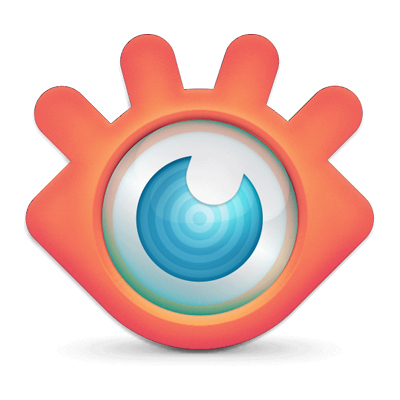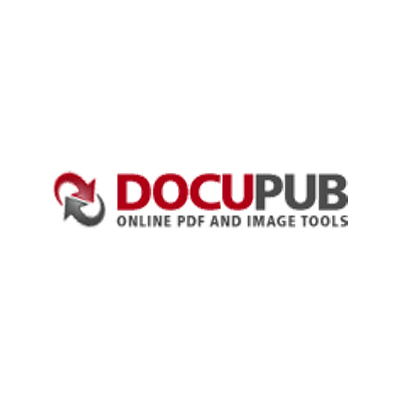If you need to convert BMP files to DCM files, look no further. Our website offers a comprehensive list of converters that can easily accomplish this task. Converting BMP to DCM can be necessary for a variety of reasons. DCM, or Digital Imaging and Communications in Medicine, is a widely used format in the medical industry for storing and transmitting medical images. Many medical devices and software applications accept DCM files, making it essential to have a converter that can transform BMP images into this format. By using our recommended converters, you can ensure that your BMP files can be seamlessly integrated into medical imaging systems and software. Whether you prefer an online converter or software that you can install on your computer, our list provides options for all users. Some converters are free, while others offer premium features for a fee. The choice is yours. Explore our list of converters now and find the perfect solution for your BMP to DCM conversion needs.

















A BMP file, also known as Bitmap Image File, is a common file format used to store digital images. It is a raster graphics format that was developed by Microsoft. BMP files are known for their uncompressed and lossless nature, meaning they maintain the original quality of the image without any loss of data. This format supports various color depths and can display images with millions of colors. Due to its uncompressed nature, BMP files tend to be larger in size compared to other compressed image file formats, such as JPEG or PNG. BMP files are widely supported by different operating systems and image editing software, making them compatible and easy to work with. They are commonly used for storing high-quality images and graphics, but their large file size can make them less favorable for web or email purposes.
DCM files, also known as Digital Imaging and Communications in Medicine files, are a specific type of file format commonly used in the medical industry. These files are primarily used to store medical imaging data, such as X-rays, MRIs, CT scans, and ultrasound images. DCM files are based on the DICOM (Digital Imaging and Communications in Medicine) standard, which ensures the interoperability and exchange of medical imaging information across different systems and devices. The DCM file format is designed to contain not only the actual image data but also additional information about the patient, the imaging modality, acquisition parameters, and other relevant data. To convert DCM files to other file formats, specialized software is required to preserve the integrity and accuracy of the medical imaging data.